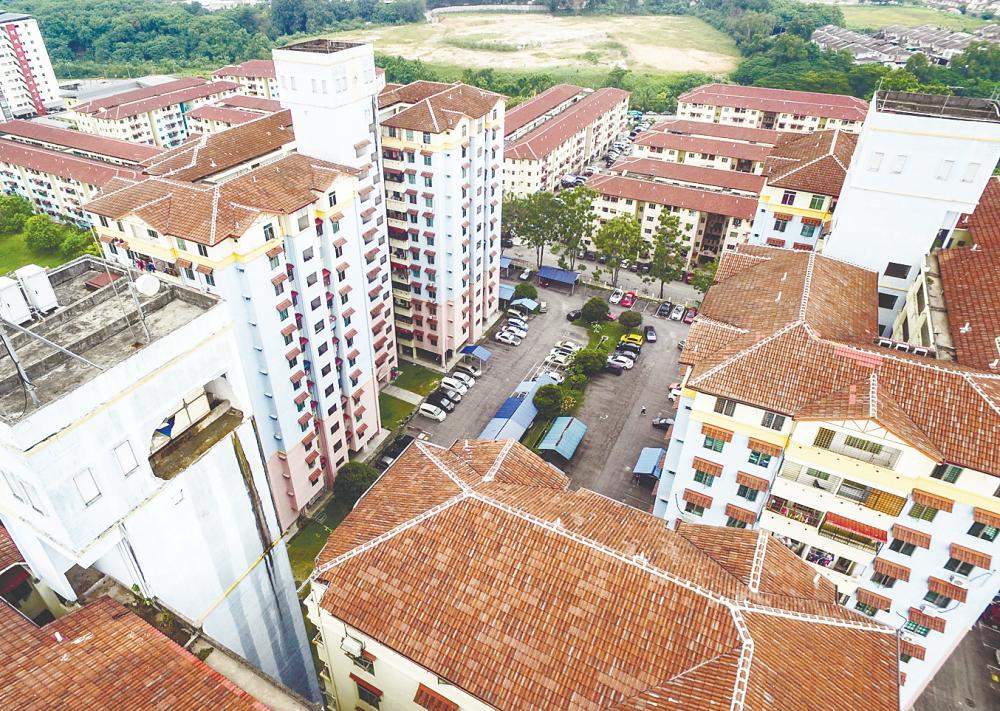IN Malaysia, more than 30% of urban residents live in high-rise buildings, a figure that continues to grow.
Living in a flat, apartment or condominium offers various benefits, including convenience, security and a sense of community. However, it also requires a strong sense of courtesy and responsibility to ensure harmony among neighbours.
As a former chairman of a joint management body (JMB), I have witnessed the importance of neighbourly behaviour and adherence to building rules in creating peaceful, shared living spaces.
High-rise living means sharing common areas such as lobbies, corridors, lifts and recreational facilities like swimming pools, gyms and function rooms. Keeping these spaces clean and free of personal items and treating them with care benefits everyone.
Simple habits like disposing of rubbish properly, avoiding leaving shoes or bicycles in hallways, cleaning up after using facilities and respecting rules, such as booking in advance or adhering to time limits, ensure fairness and harmony.
Shared spaces reflect the collective behaviour of residents, so maintaining them demonstrates respect for the community while creating an environment where everyone feels welcome and valued.
Noise is one of the most common challenges in high-rise living. Sound travels easily through walls and floors, and what seems minor in one unit can disrupt others.
Residents should keep volume levels low, especially during quiet hours. This applies to playing music, watching television or hosting gatherings.
Using carpets or rugs can help minimise noise, and informing neighbours about events in advance shows consideration. Small steps like these can help maintain peace and positive relationships.
Good communication builds stronger communities. Whether through regular meetings, social events or casual conversations, maintaining open dialogue can prevent misunderstandings and foster trust.
If there are issues, residents should address concerns calmly and respectfully to resolve them before they escalate.
Supporting the JMB or residents’ association can also play a significant role in maintaining order and promoting a sense of belonging. When everyone feels heard and involved, high-rise living becomes more enjoyable.
Rules exist to safeguard the safety, security and well-being of all residents. Compliance ensures harmony, whether it is parking regulations, pet policies or renovation guidelines. Staying informed about updates, which are often shared through notices or meetings, helps residents avoid conflicts.
The Housing and Local Government Ministry has established regulations for waste management, fire safety and building maintenance. All residents and management bodies are responsible for following these regulations. Compliance not only ensures protection but also preserves the value and quality of the property.
Living in close proximity to others presents an opportunity to create a caring and supportive environment. Small gestures like greeting neighbours, offering assistance or showing patience can make a big difference.
A strong sense of community provides invaluable comfort and help during emergencies or challenging situations. A simple act of kindness can ripple across the community, creating a more positive atmosphere for everyone.
High-rise living requires balancing personal freedom with communal responsibility. By respecting shared spaces, keeping noise to a minimum, using facilities responsibly, fostering good communication, following regulations and showing kindness, residents can contribute to a peaceful and enjoyable living environment.
I have seen the transformative impact of these practices in strengthening community bonds and improving the overall quality of life. Together, let us nurture a spirit of unity and respect in our shared living spaces and genuinely embrace the art of neighbourly living.
Syed Azman Syed Ismail
Postgraduate student
Faculty of Education
Universiti Kebangsaan Malaysia
Former JMB chairman









